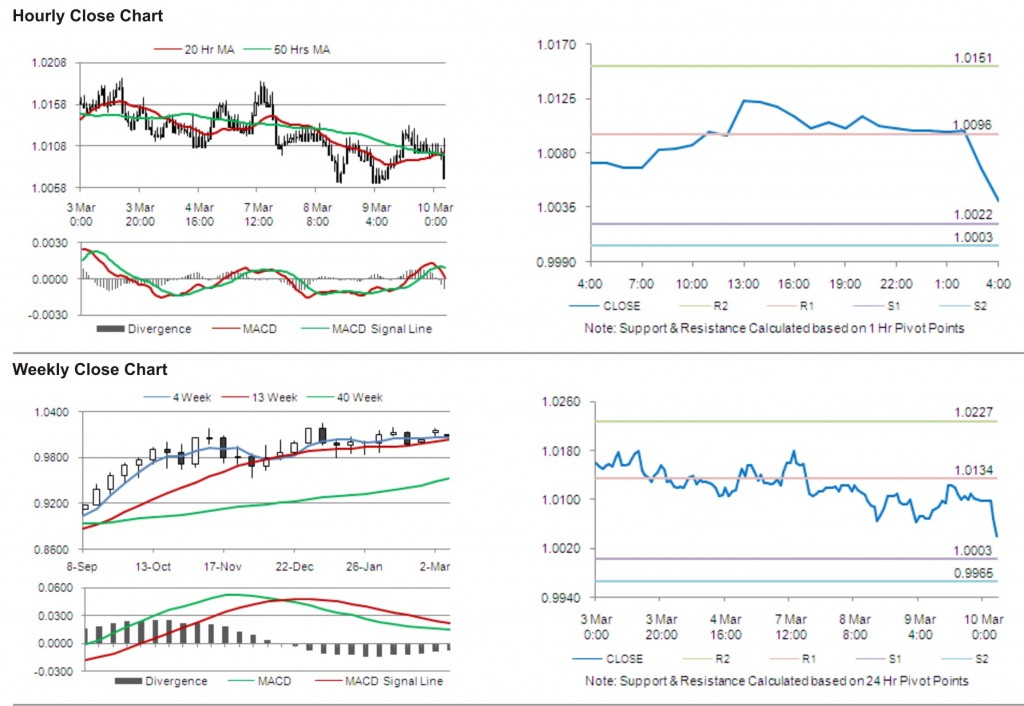By Zac, CountingPips.com
Today, I am very pleased to bring you a new trader interview with Chris Vermeulen, the founder of the popular newsletter and trading website at TheGoldandOilGuy.com. Chris is an experienced trader in stocks, commodities, currencies, futures and ETFs. At the TheGoldandOilGuy.com, Chris provides clients and traders with an ETF and Stock Trading Alert Service complete with daily pre-market videos, intraday chart analysis & updates and ETF trade signals.
If you enjoy the interview, we have secured free access for CountingPips readers into Chris’s site to check out his trading style, analysis and signals (see end of interview).
Q: How did you become involved in the financial trading world?
When I was 16 years of age my dad received a marketing booklet in the mail from Larry Williams about trading commodities showing how much money could be made trading futures. I bet I read that book 20 times… Of course back then futures trading and the internet were completely different from what they are today, as there was no way that I could trade futures at a young age nor could I do it online…
It was that marketing booklet which got me turned on to trading at a young age.
A couple years later during college I became hooked on watching CNBC and eventually opened up a trading account buying up tech stocks and did very well at it. Luckily I  took all my profits and bought trading books, courses and attended trading seminars with all the profits I generated. A couple years later, the tech bubble collapsed teaching me that I didn’t know how to make money in a bear market, but again I was lucky because I had spent almost all my money on trading education which provided me with the tools to learn to make money in a falling market environment.
took all my profits and bought trading books, courses and attended trading seminars with all the profits I generated. A couple years later, the tech bubble collapsed teaching me that I didn’t know how to make money in a bear market, but again I was lucky because I had spent almost all my money on trading education which provided me with the tools to learn to make money in a falling market environment.
Over the years I have jumped around trying all the different types of trading opportunities, from stocks, options, etfs, currencies, and futures. After trading the different types of investments I was able to select which fit my personality and time frames the best. I now focus on a mix swing trading stocks and ETFS and day trading SP500 futures.
Q: What markets do you mostly trade and was there something particularly attractive to you about these markets?
My main focus is on the SP500 (broad market) along with gold and silver.
The SP500 is great because you can trade Futures, ETFS or high beta stocks using my trading signals. Depending on the setup and time frame which the setup occurs I will choose which way to trade that particular opportunity. Also the volume on these instruments make it easy to enter and exit positions which is also very important.
As for gold and silver, they move much differently and I found my edge to trade them several years ago using a mix COT data, momentum, volume, ratios and price patterns.
Q: How did you get your trading education? Did you learn by demo trading, did you have a mentor?
Paper trading was something I did for a couple years before I did any real trading, simply because of my age and the lack of money. I think paper trading played a huge roll in my success because I was able to trade without any emotions for 2 years. I followed in John Murphy’s footsteps of technical analysis. I learned most technical analysis from his book “Technical Analysis of the Financial Markets” and the balance was a mix of learning a small gold nugget from each book or seminar I took along from analyzing the market over time building real life experiences of how to manage winning and losing trades.
Q: How often do you trade, are you a full-time trader? Do you trade longer or shorter times?
I am a full time trader with my main focus on swing trades lasting 5-90 days in length. That being said I always manage to get a few day trades in when an opportunity pops up on the intraday charts. The time frames I trade are the 1,10, 60 minute charts, along with the daily and weekly.
Q: Do you use more technical analysis or fundamental analysis, both? Do you take sentiment analysis into your decision making?
I think technical analysis is the most crucial part of trading simply because you can only make money when the price moves in your favor. That being said if you have a company with great fundamentals along with great looking technical’s, you stand a better chance of winning/making more money.
Sentiment is a very big part of my trading as I follow it each and every minute in real time. I have some custom indicators I created which allow me to spot short term extreme sentiment levels for both swing trading and day trading.
Q: Do you have any favorite economic indicators or favorite technical indicators that you feel are most reliable?
Yes, I like some indicators very much and when used together they provide excellent low risk trading opportunities. These indicators may seem basic, I find that I read and use them in a different way than the general public which gives me an edge.
Price charts
Volume analysis
Understanding Chart Patterns
Total Put/Call Ratio
NYSE Advance/Decline Line
US Dollar Index
Custom Sentiment Indicator
Q: What market(s) do you generally keep an eye on, maybe that are outside of the ones that you trade?
While I keep a close eye on the bond market, only recently have I started to trade them using the bull and bear ETFs for them. I also like some of the food commodity ETFs for trading things like sugar and livestock to name a couple. I also cannot leave out currency ETFs. Currencies are now very speculative and move like stocks so these are also becoming a larger portion of my trading activity.
Q: In conclusion, do you have any advice to anyone that may be just starting out in trading? Is there anything in particular that you wish you had learned when you started out?
Sure there is…
You must have multiple trading strategies if you want to pull money consistently from the market. The market goes through phases of trending and non-trending, each market condition requires a different trading strategy in order to take advantage of it. I use two strategies one which is for trending markets and another strategy when prices trade sideways or become choppy.
You must have clear trading rules and be disciplined enough to follow them (proper risk/reward ratios, stops, position size, trade the setups, money management). This is actually the hardest part of trading.
And, always stay positive! If you follow your rules and you have a losing trade, it simply means you are avoiding potentially larger losses and managing your position which is a must in this business. Remember there will always be another trade just around the corner and will be times when you lose a bunch of trades in the row, streaks where everything you touch makes you money. During losing streaks simple trim your position size until your strategies are in sync with the market again.
Thank you Chris for taking the time to answer my questions!
*Special Bonus – For readers looking to see more of Chris’s trading style, analysis and updates, he has given CountingPips readers a special free offer into his trading world. You’ll also get four free reports, his trading signals and more.
Access Chris’s Trading World here





